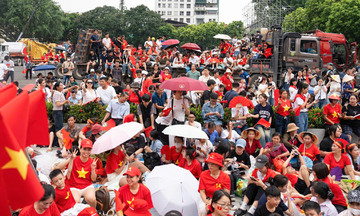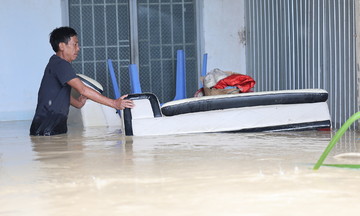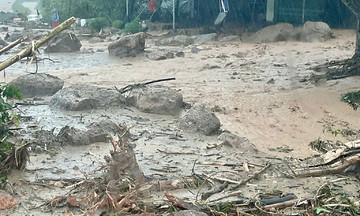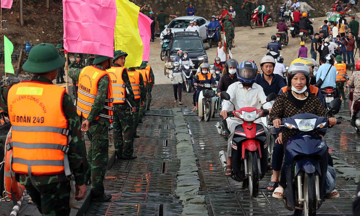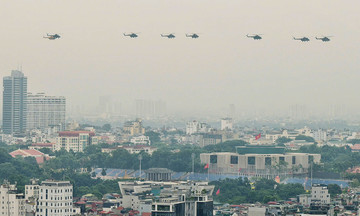Speaking at a review meeting on 25/7, interior minister Pham Thi Thanh Tra stated that the ministry will propose a more flexible approach to decentralizing power to local governments. For example, the central government will determine the total payroll and allocate it to localities. Provinces and cities will then decide how to distribute the payroll to commune-level administrations under their jurisdiction.
The ministry will also request higher authorities to issue regulations allowing localities flexibility in organizing their administrative apparatus based on population size, area, and specific tasks. "One locality may need a full complement of departments, while another may not. Without flexibility, all localities will be forced into the same mold, which won't work," Tra said, noting that "Hanoi's needs are different from those of remote areas".
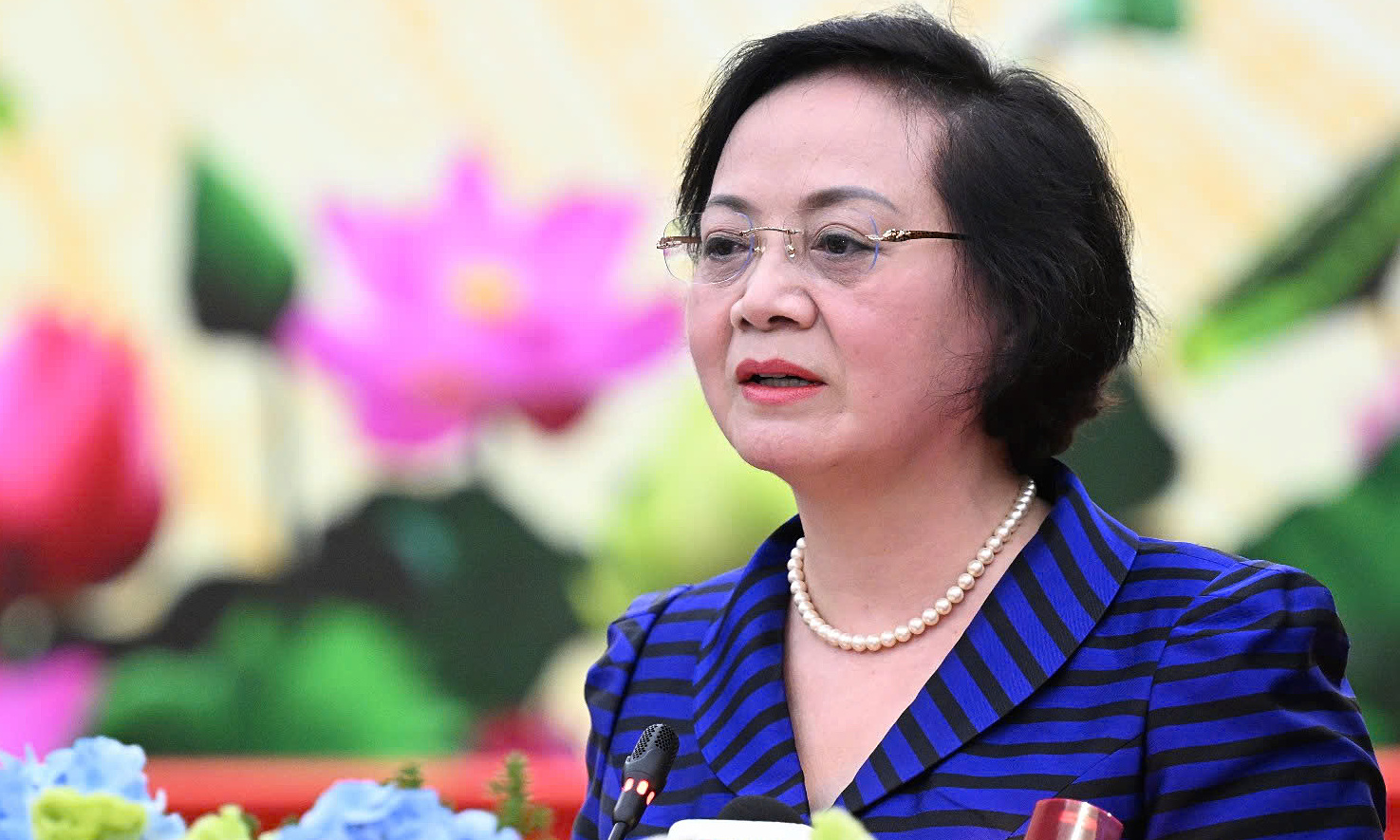 |
Interior Minister Pham Thi Thanh Tra speaking on 25/7. Photo: Nguyen Phong |
Interior Minister Pham Thi Thanh Tra speaking on 25/7. Photo: Nguyen Phong
She acknowledged that the recent administrative reform has faced numerous challenges. This stems from the two-tiered government model, which lacks precedent in terms of organizational structure, functions, and authority, especially at the commune level. Commune-level officials are now tasked with many new responsibilities.
"We can't expect perfection in implementing this new two-tiered local government model. The key is to identify and address challenges to build a government closer to and better serving the people," she said. The approach is to adapt and adjust as needed, integrating local and national governance reforms.
The ministry will draft and submit to the government 16 decrees related to local government, administrative organization, public employees, salaries, and social insurance. It will also propose defining job positions within the new model, particularly at the commune level, as a basis for payroll calculations for the 2026-2030 period.
Evaluating public employees based on key performance indicators (KPIs) will be implemented once new decrees are in place, ensuring transparency, democracy, accuracy, and retention of competent personnel. Localities must also ensure accommodation for officials, especially in newly merged areas requiring relocation to new administrative centers. "The government has a plan to build public housing and commune-level headquarters by 2030," she said.
Speaking at the conference, Nguyen Quoc Huu, director of Thai Nguyen Province's Department of Home Affairs, highlighted challenges in implementing the new model, particularly in paperwork and archiving due to the volume of documents and varying staff skill levels. He proposed that the interior ministry issue guidance on recruitment and testing to appoint public employees from the pool of part-time commune-level officials.
"This group is primarily young, technologically proficient, and familiar with local conditions, especially in ethnic minority areas, fully meeting job requirements," he said, adding that their recruitment would improve the quality of the administrative apparatus.
Phan Van Binh, director of Da Nang City's Department of Home Affairs, noted that many communes lack staff specializing in finance, information technology, and land management and construction. Some officials transferred from districts to communes lack appropriate training. He requested that the ministry develop practical, hands-on training programs, instead of general theory.
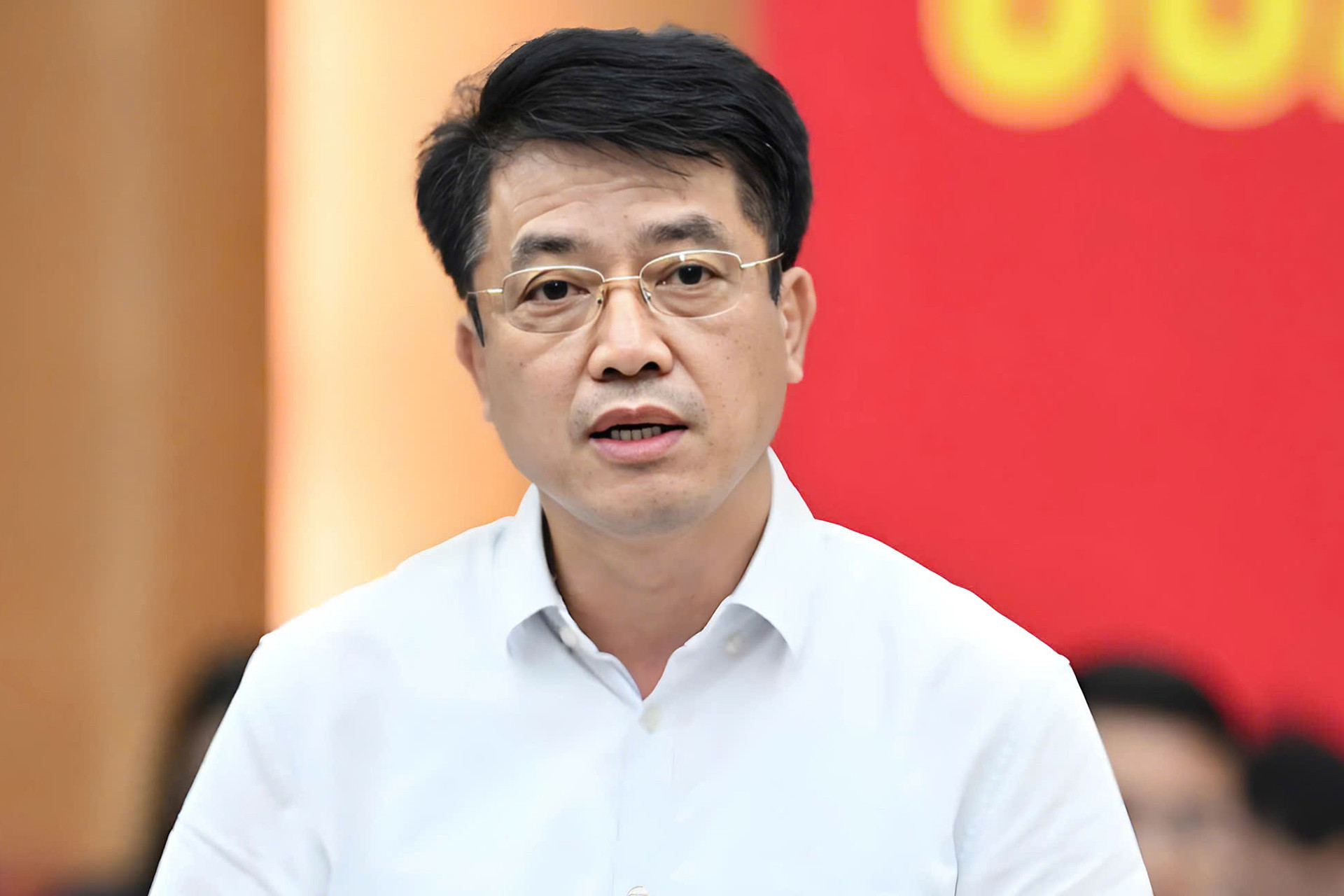 |
Head of the Public Servants and Officials Department, Nguyen Quang Dung. Photo: Nguyen Phong |
Head of the Public Servants and Officials Department, Nguyen Quang Dung. Photo: Nguyen Phong
Responding to these proposals, Nguyen Quang Dung, head of the Public Servants and Officials Department, said the ministry had submitted to the government regulations for recruiting non-professional commune-level personnel and young intellectuals with suitable contracts into public service positions at the commune and provincial levels. However, recruitment must be based on available positions and payroll availability, "not everyone will become a public employee".
According to Dung, many localities, including Da Nang and Lam Dong, lack specialists in accounting, information technology, and land management and construction because commune-level officials previously focused on administrative tasks with limited specialized training.
The Ministry of Home Affairs has recommended that localities implement solutions like transferring specialized personnel from provincial and district levels to communes for direct support, and developing practical training plans. For specialized fields like information technology, localities can use contracts to meet their needs.
Vu Tuan







